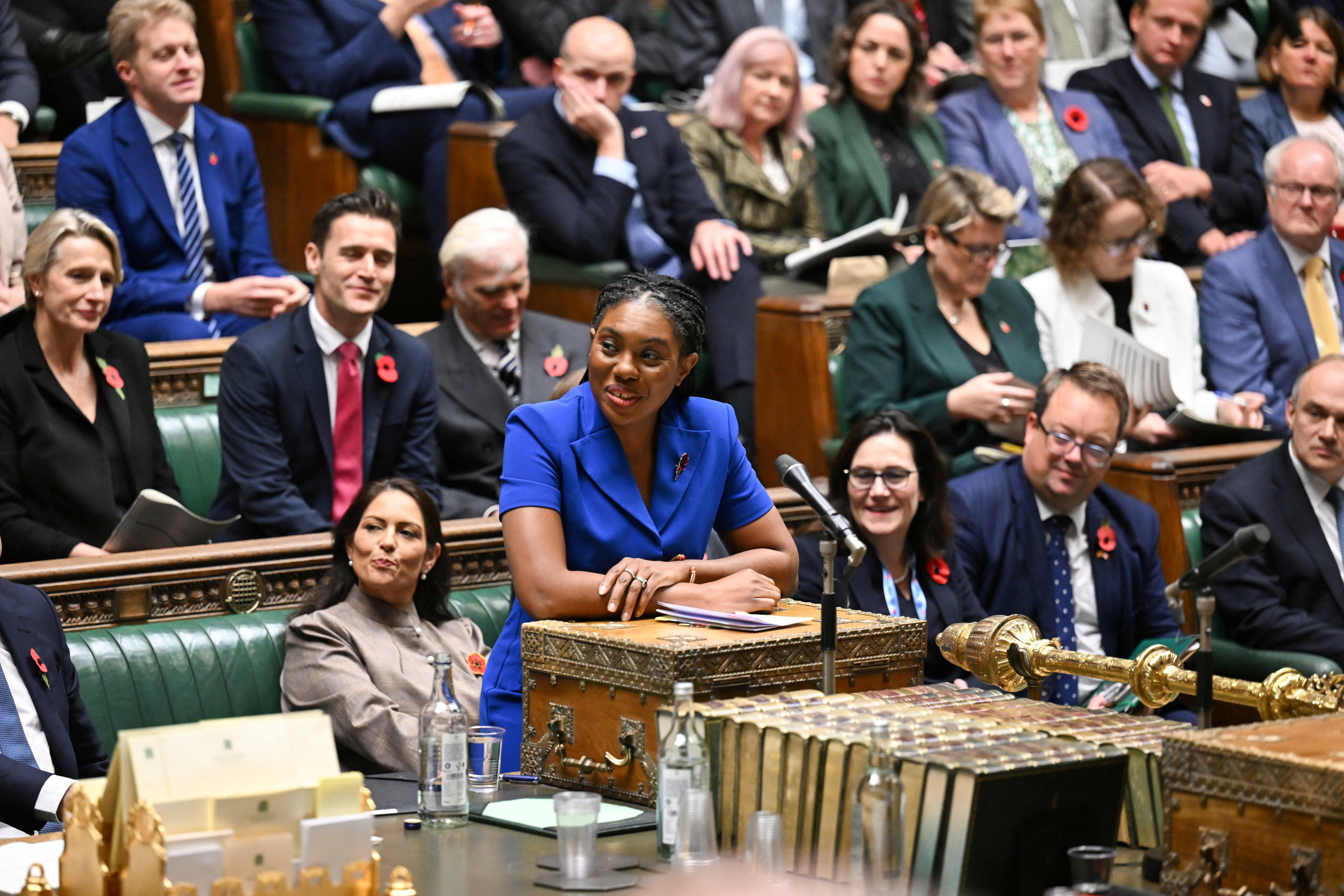Is sport waking up to homophobia?

Match referee uses vanishing spray to mark the boundary of the ball during a free kick.
Image: REUTERS/Stefan Wermuth
Stay up to date:
Gender Inequality
“The love you take is equal to the love you make.” Adidas took to Instagram on Valentine’s Day to spread the love with the below image of a same-sex couple.
The message attracted criticism on social media from some of the brand’s followers, but the sportswear giant stood firm against negative comments.
Protecting LGBT rights is increasingly an area of concern for businesses. Adidas recently announced the addition of a clause that ensures contracts cannot be terminated or modified when an athlete comes out publicly as part of the LBGT community.

Source: Instagram
Although a handful of sports brands have pledged support for the LGBT community, homophobia is believed to more common in sports than in society. Out On The Fields is the first international study on homophobia in sport, compiling responses from almost 9,500 people, including around 25% from heterosexual men and women.
The study found that 80% of people had witnessed or experienced homophobia in sport. Around half of all gay and lesbian participants said they had personally experienced homophobia in sport.

Homophobia is prevalent in the sporting world, a fact that many on and off the field have attempted to change.
Gareth Thomas, the first openly gay rugby union player in the world, has said coming out as gay was important for both him and his teammates. He noted that humour and jokes about gay people are “one of the most damaging” forms of homophobia in sports.
84% of those surveyed said homophobic jokes and humour occurred either regularly or sometimes, with around one in 10 hearing it “all the time”.
Other gay sportsmen have echoed Thomas’s sentiments. Brad Thorson, an openly gay athlete, acknowledged that the report was troubling but not at all surprising.
But LGBT sports men and women are not the only ones experiencing homophobia. Some 66% of respondents believed an openly gay person would not be safe watching a sporting event, and almost one in five gay men physically assaulted were targeted because of their sexuality.
Thorson adds that he hopes these negative attitudes will fade as more gay athletes come out. Many athletes are taking steps to combat homophobic behaviour in their sports. Rugby league player James Haskell appeared on the cover of Gay Times magazine and is notably proud of his gay following.
Have you read?
Don't miss any update on this topic
Create a free account and access your personalized content collection with our latest publications and analyses.
License and Republishing
World Economic Forum articles may be republished in accordance with the Creative Commons Attribution-NonCommercial-NoDerivatives 4.0 International Public License, and in accordance with our Terms of Use.
The views expressed in this article are those of the author alone and not the World Economic Forum.
Forum Stories newsletter
Bringing you weekly curated insights and analysis on the global issues that matter.
More on Equity, Diversity and InclusionSee all
Solape Sonuga
March 13, 2025
Katica Roy
March 13, 2025
Dhwani Nagpal
March 8, 2025
Christa Odinga-Svanteson
March 7, 2025
Awut Deng Acuil and Randa Grob-Zakhary
March 6, 2025




